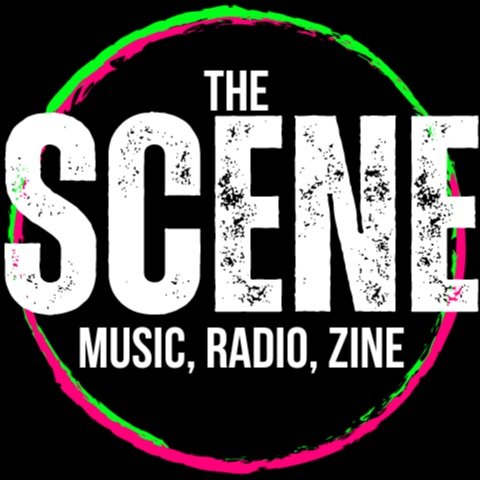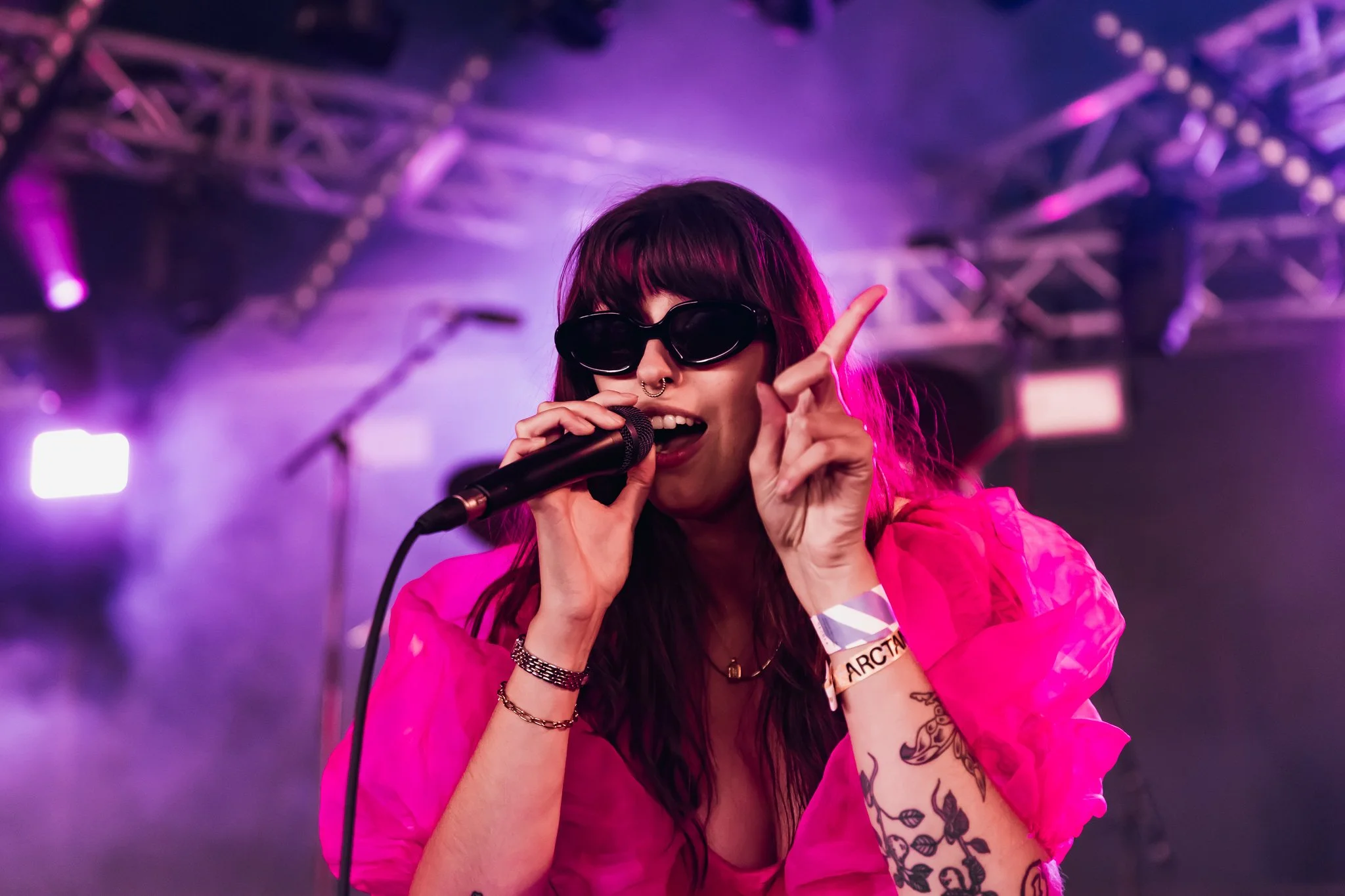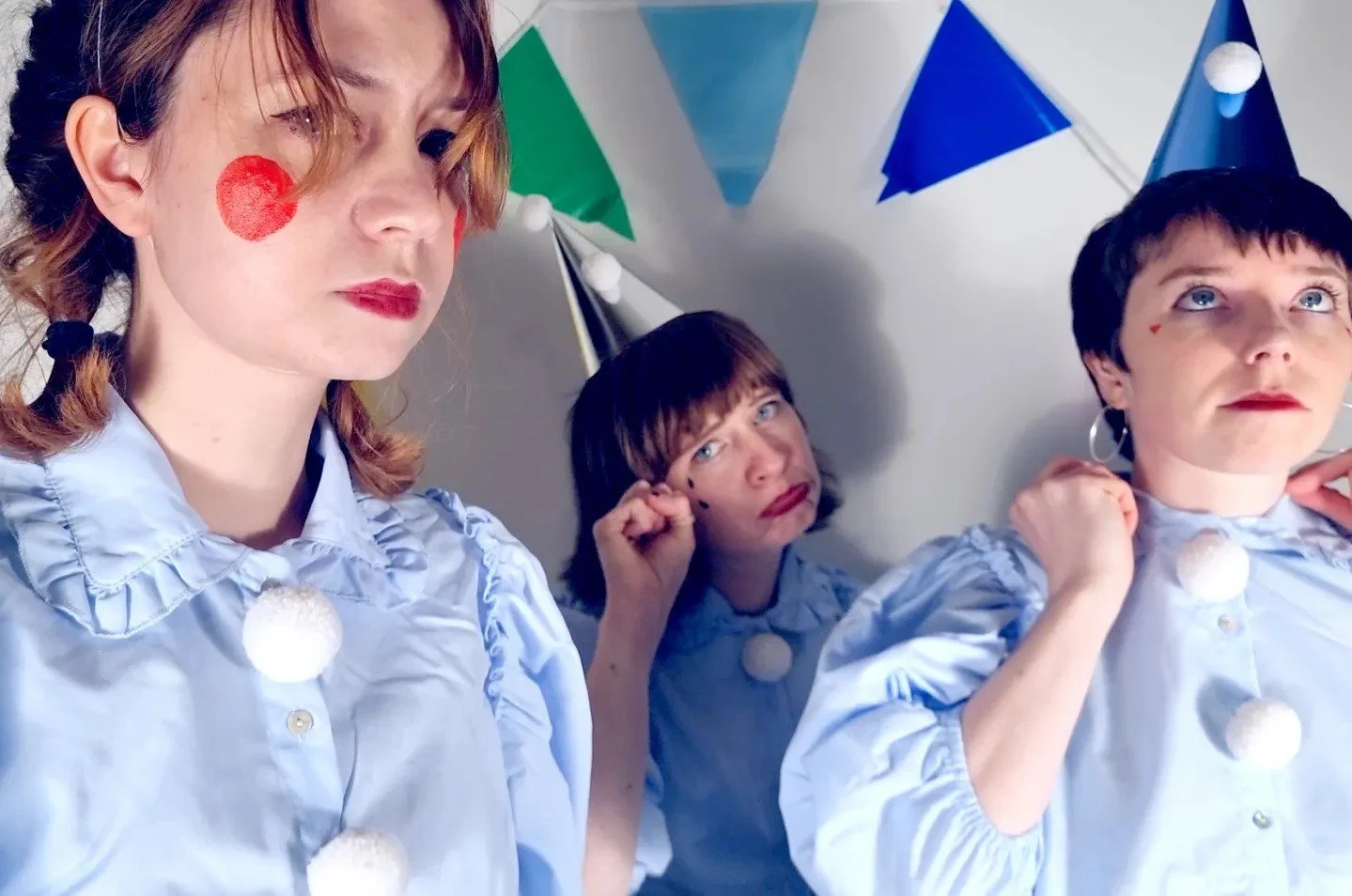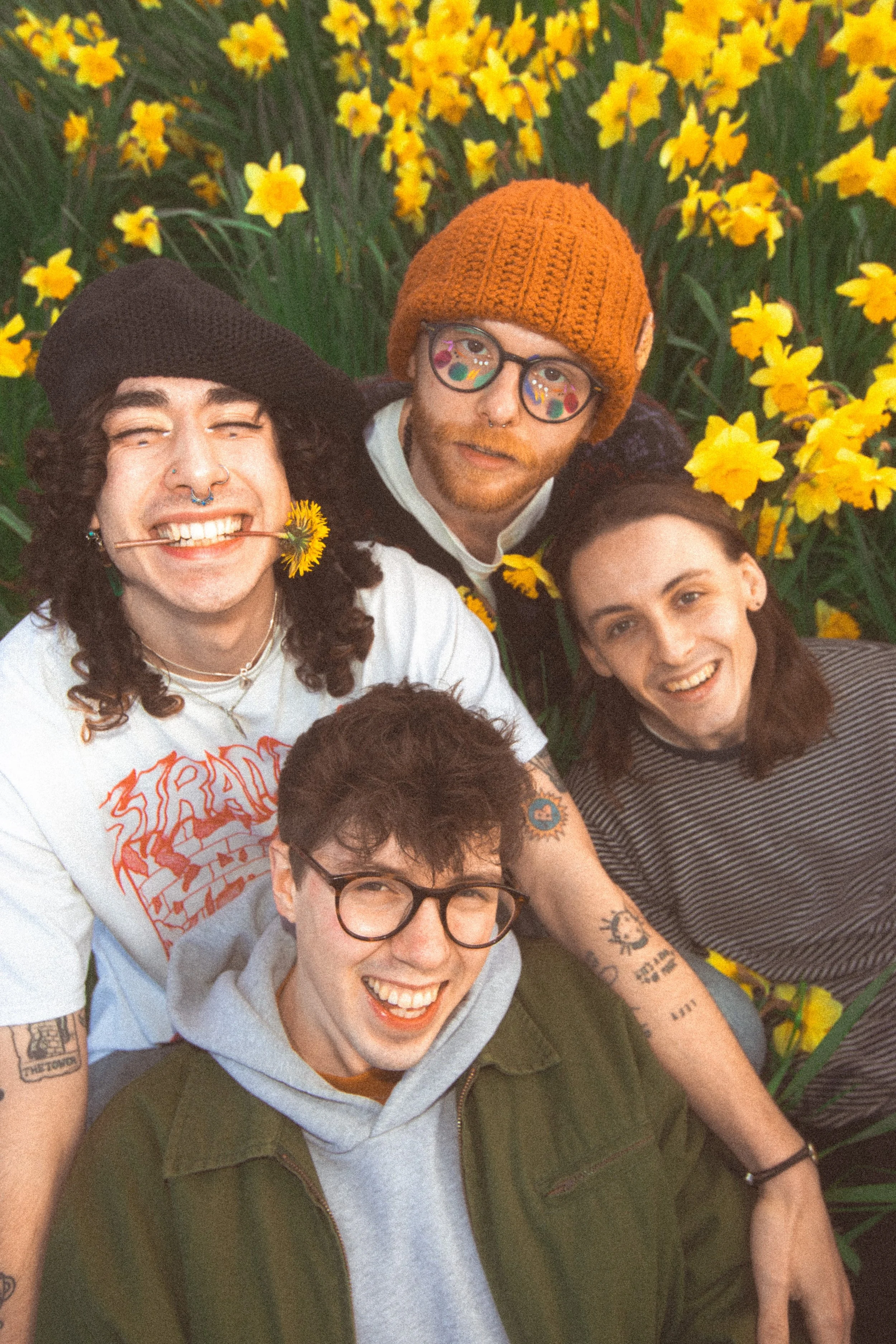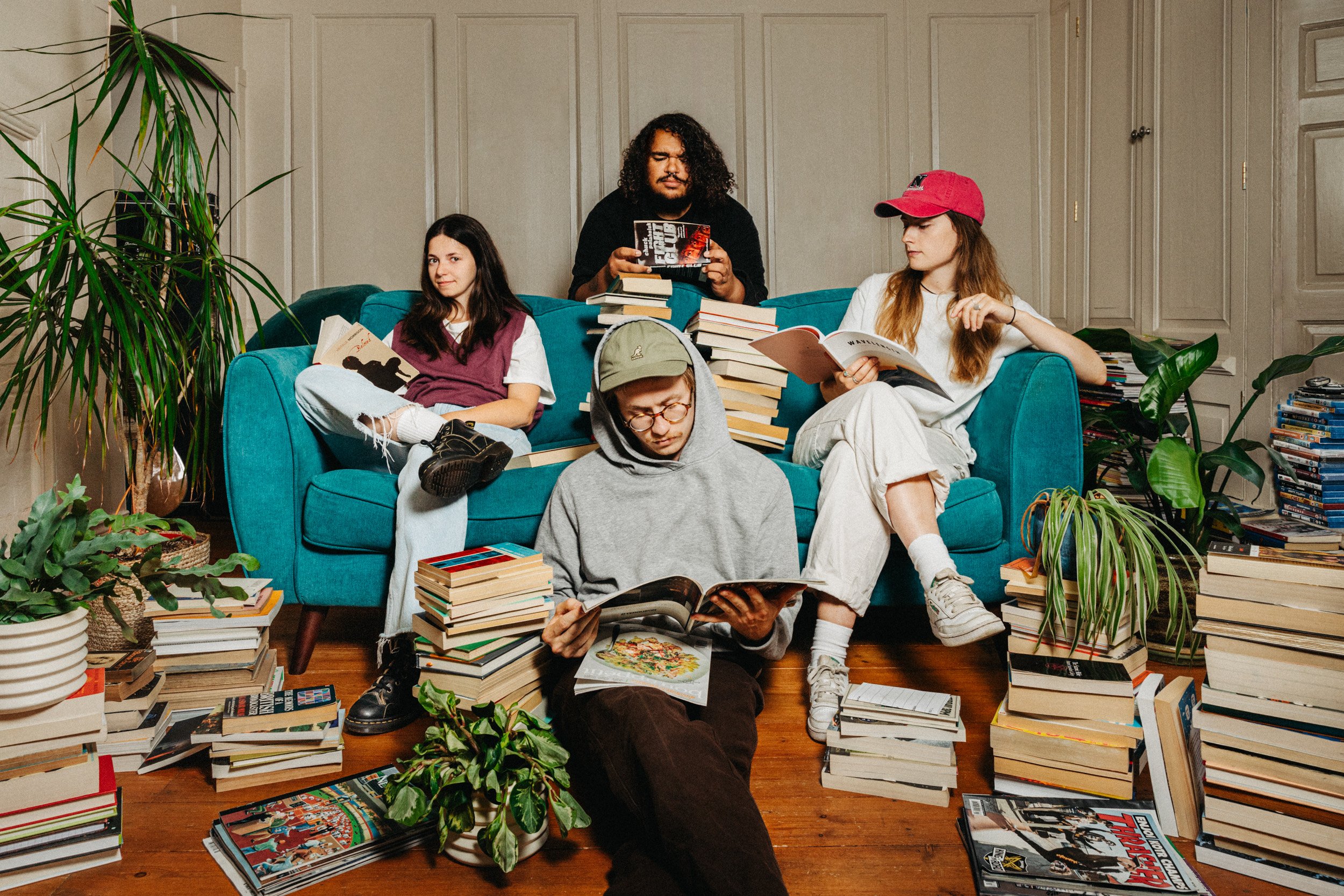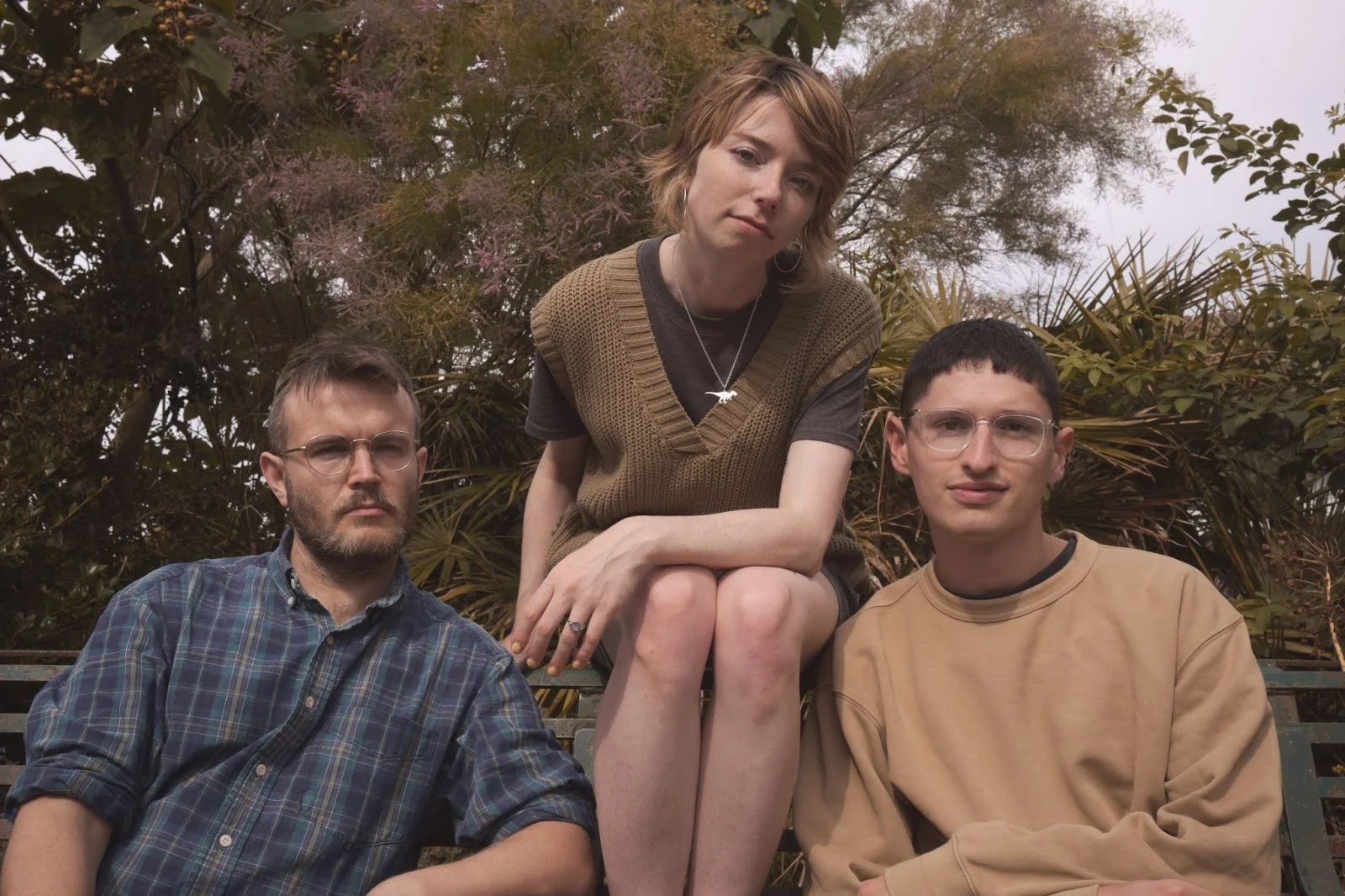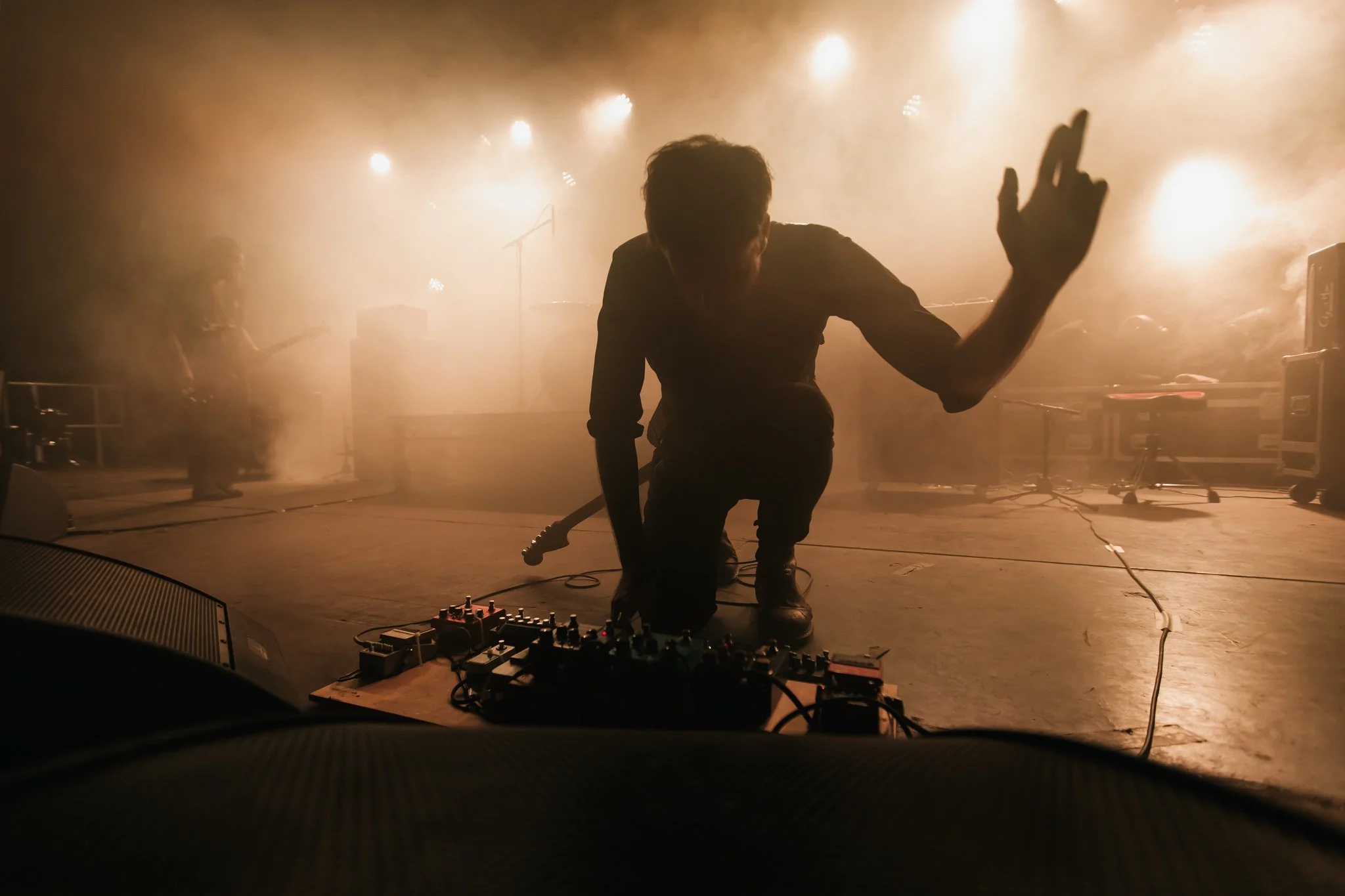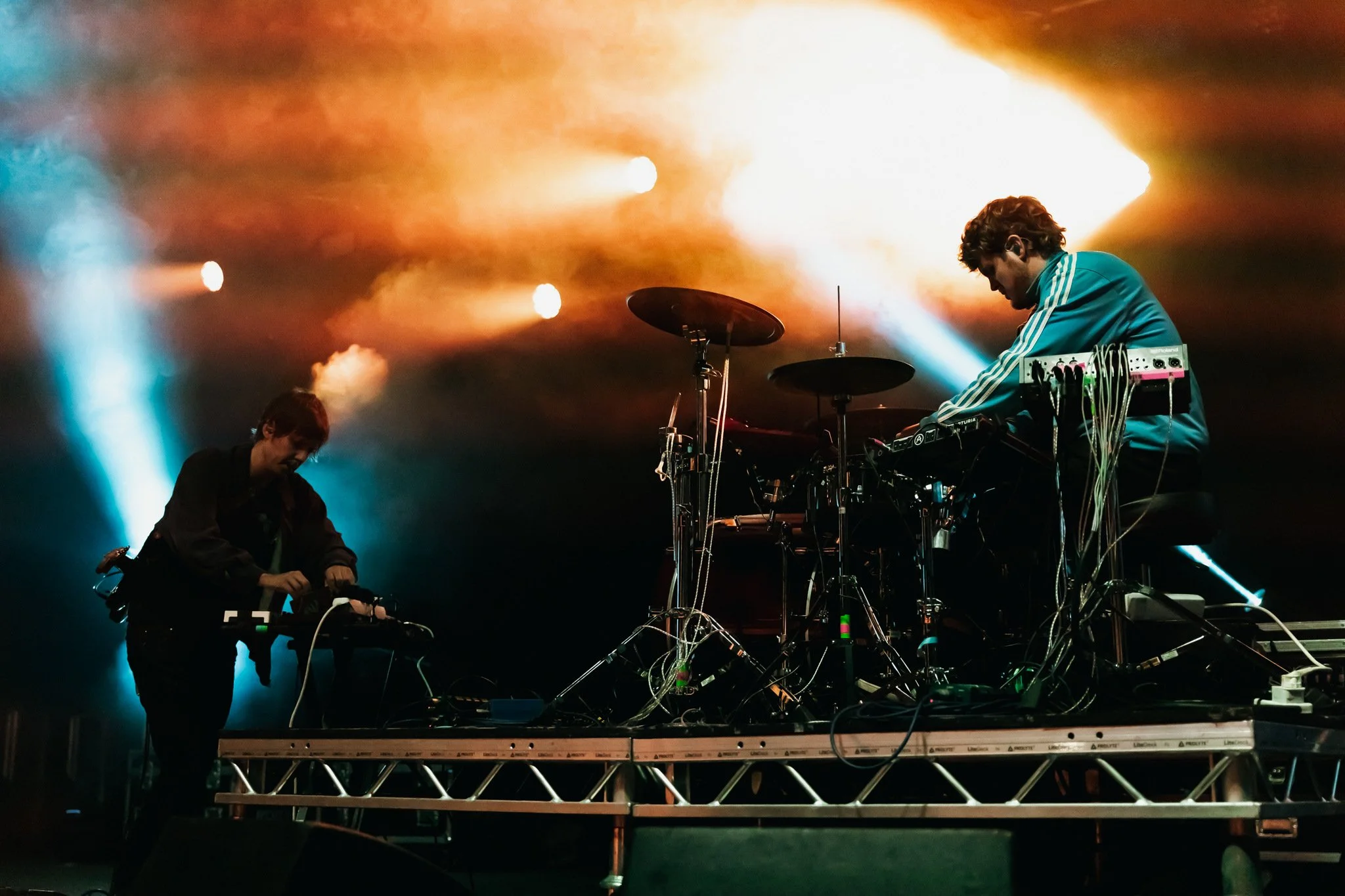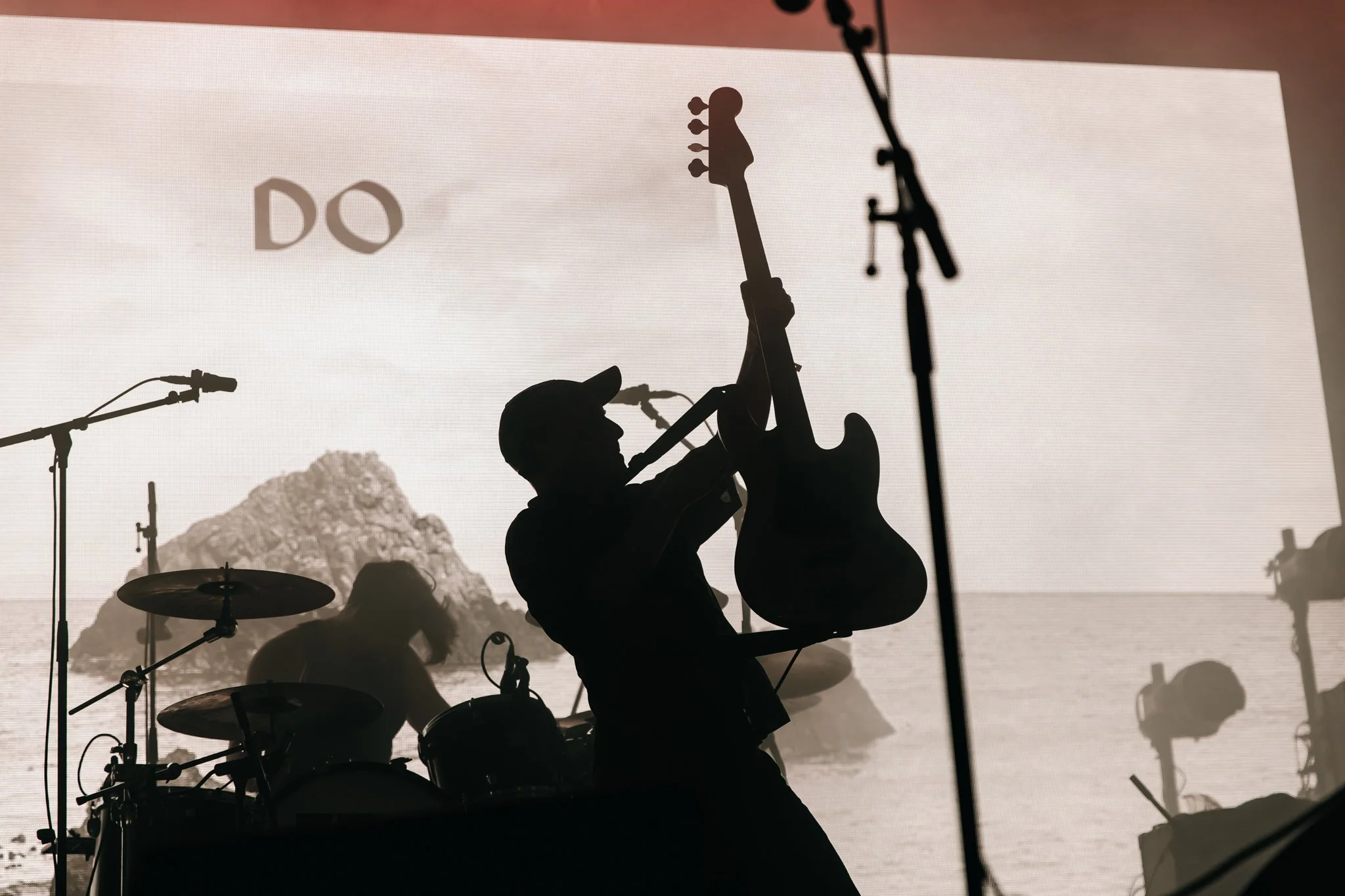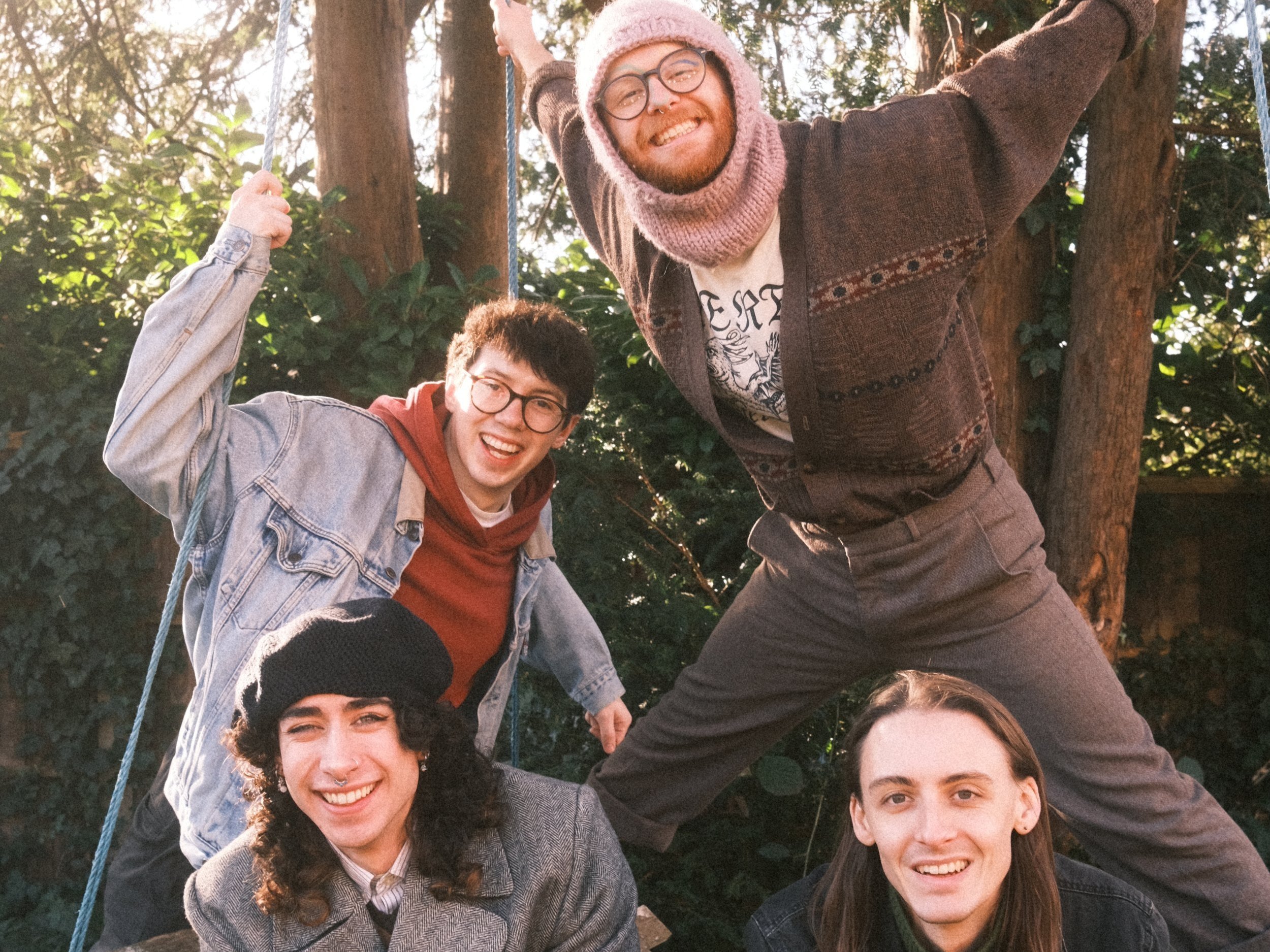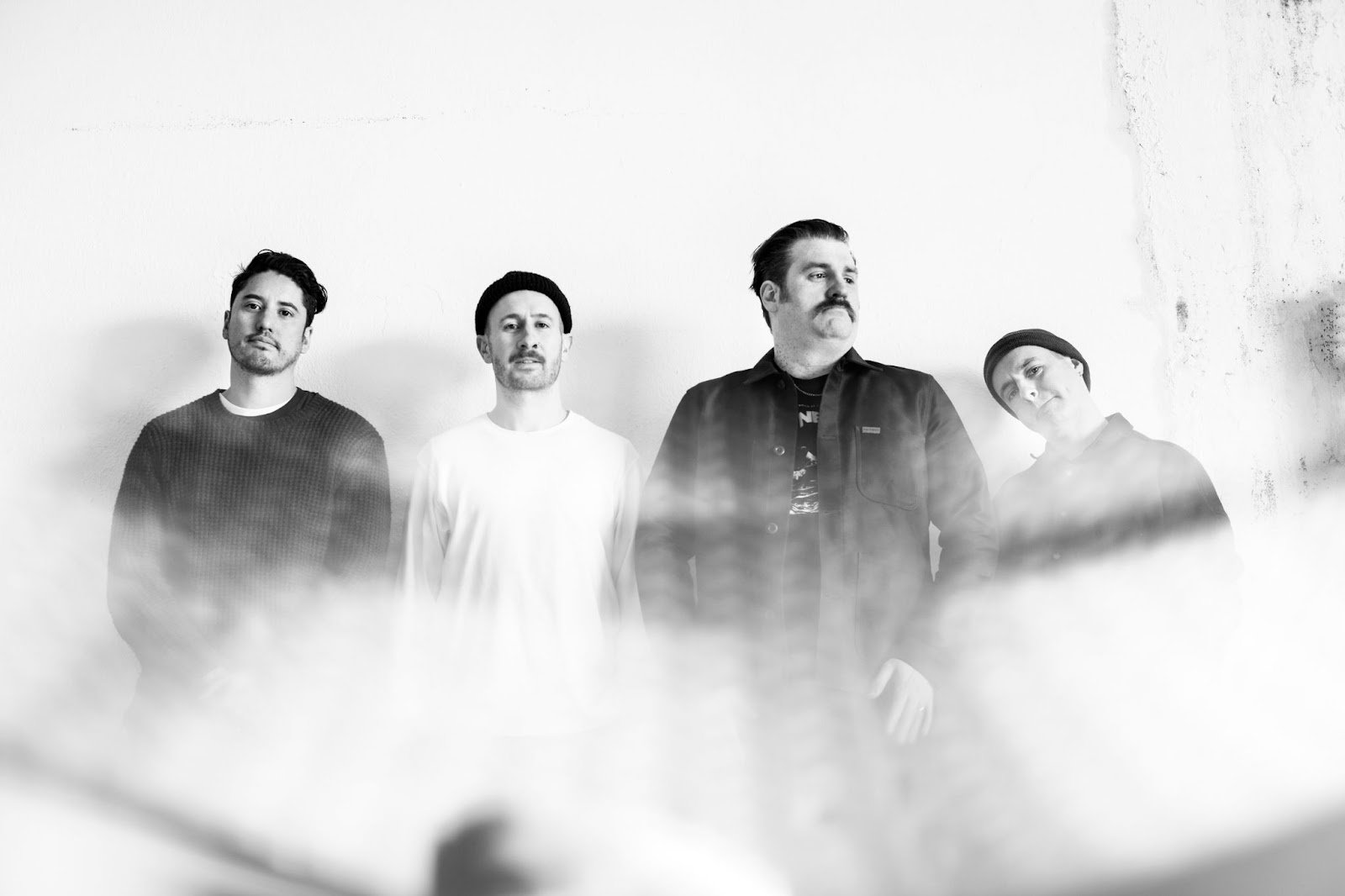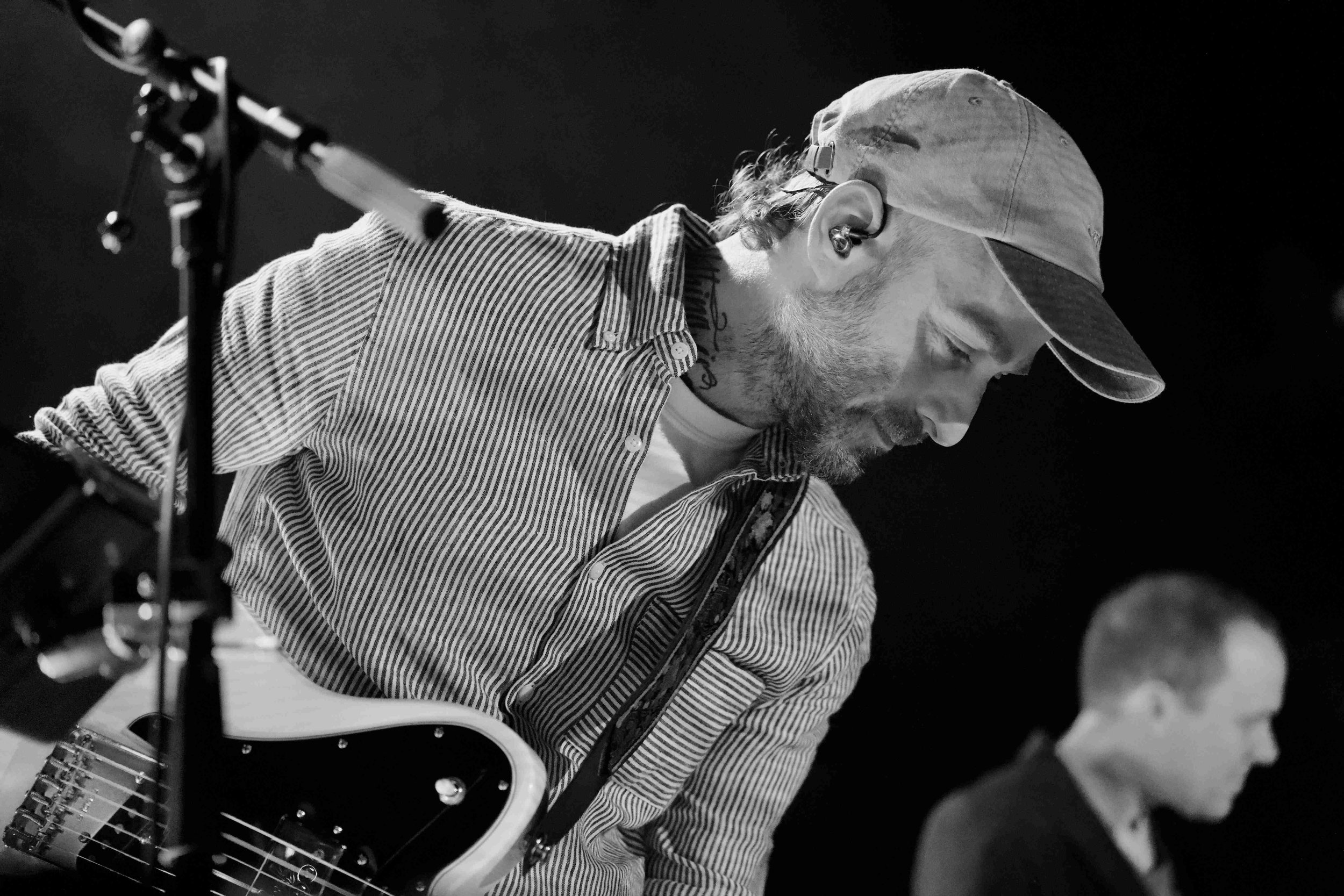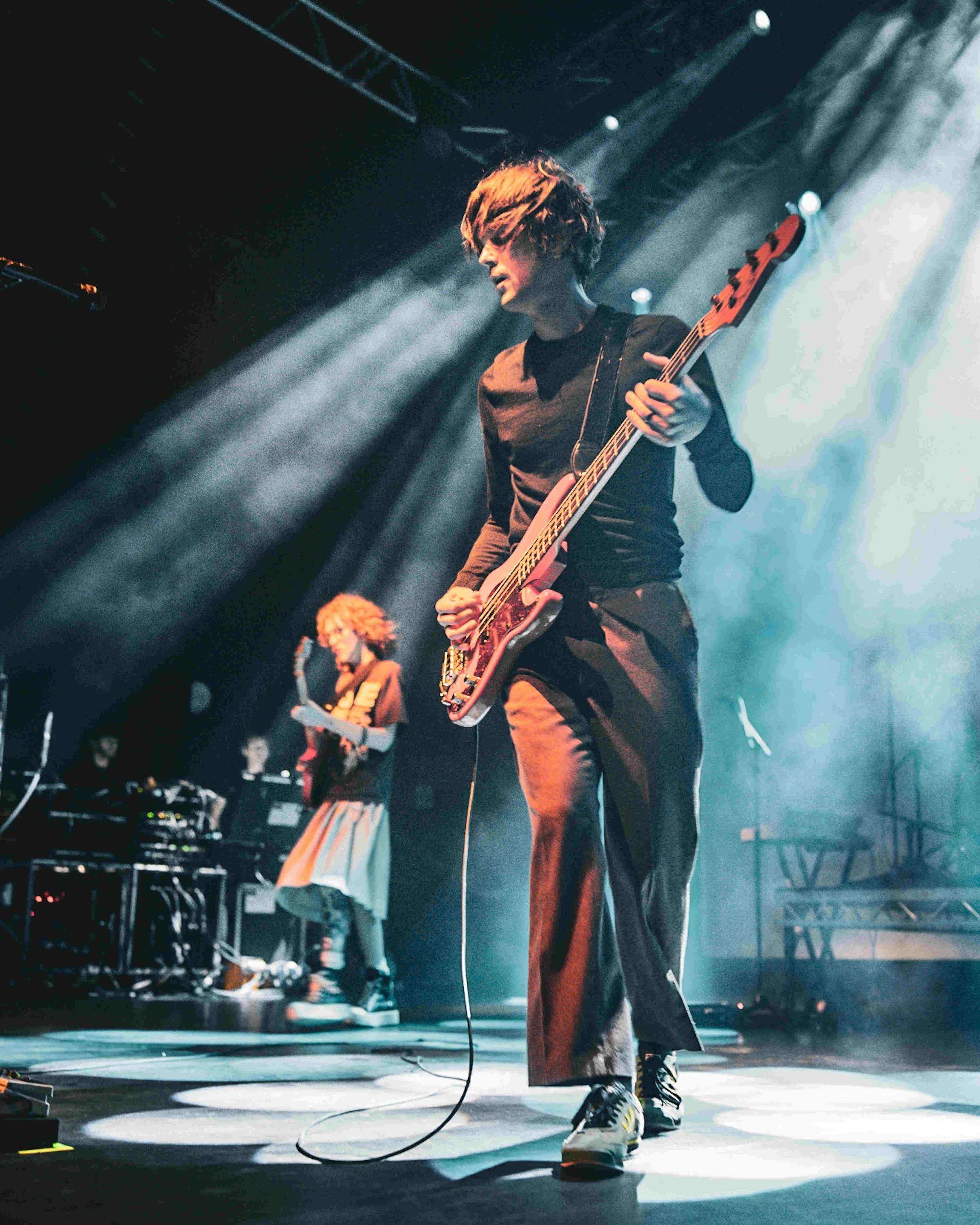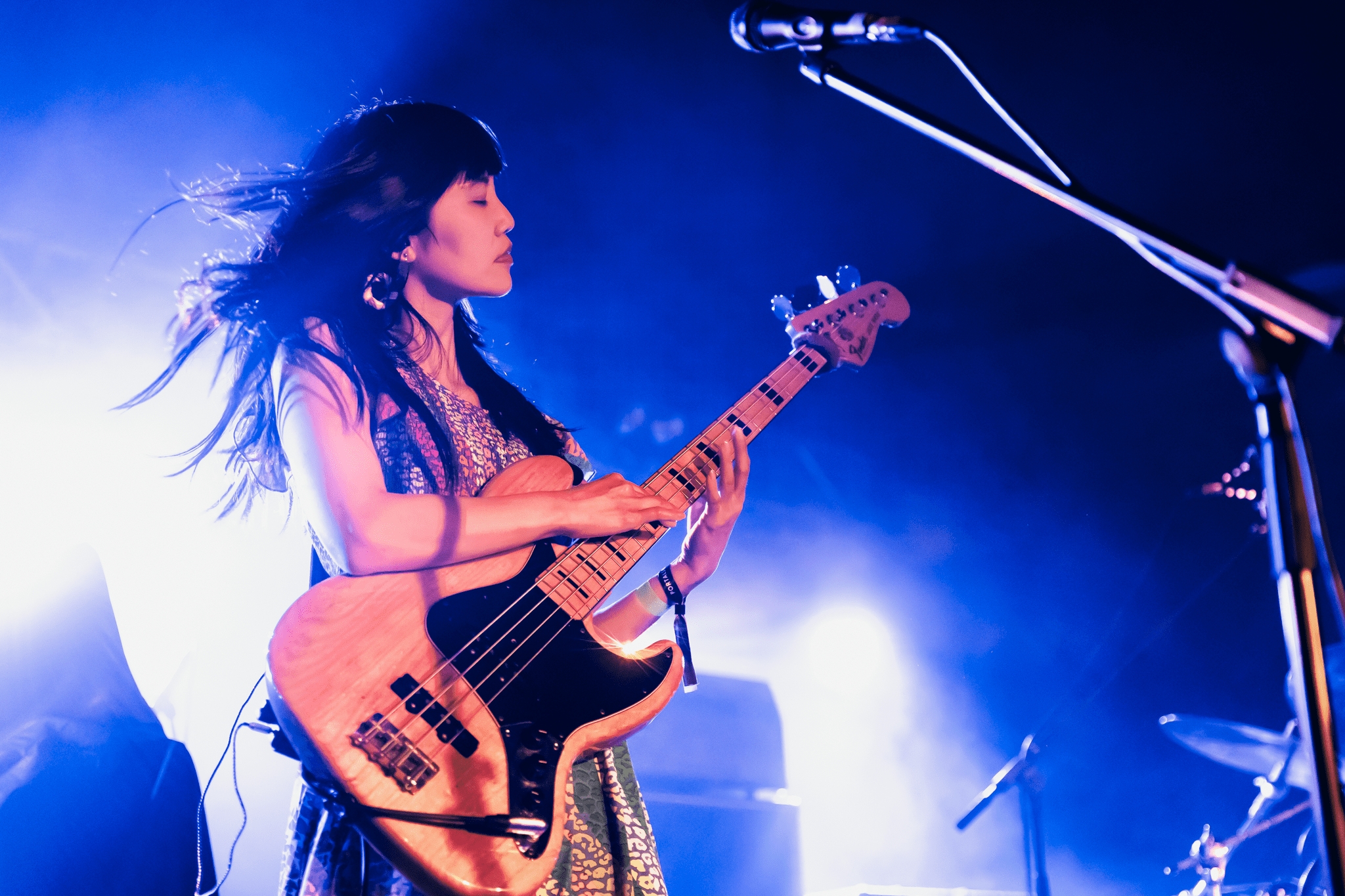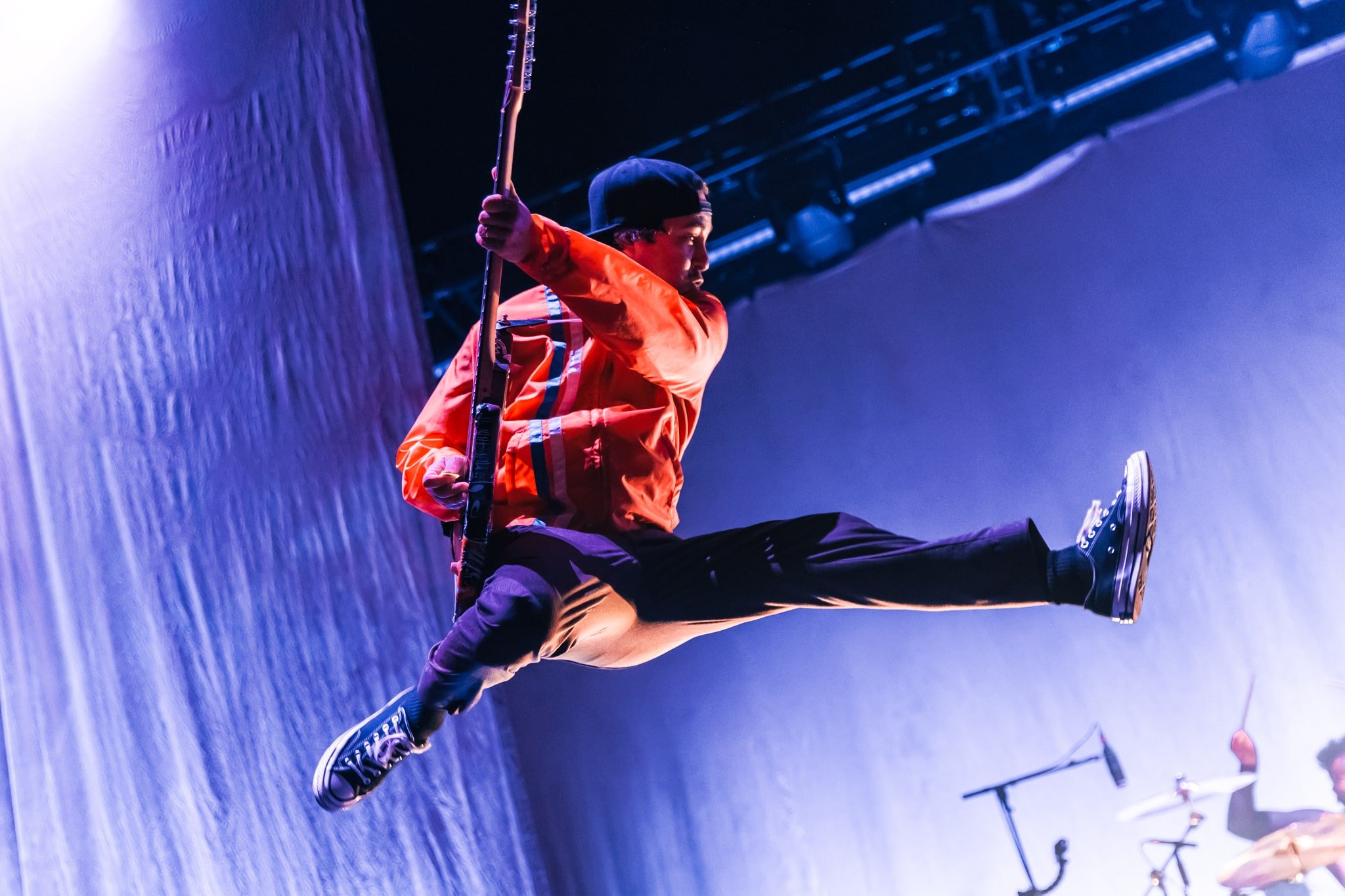Interview: Happy Accident
Happy Accidents by Benjamin Whitley
As Happy Accidents prepare to drop their hotly anticipated new album, Edit Undo, on 27 September via Alcopop! Records, the duo of Rich Mandell (guitarist/vocalist) and Phoebe Cross (drummer/vocalist) are back with a fresh, daring outlook. Known for their heartfelt indie-pop, the band is now embracing new sonic landscapes while shaking up how they release and share their music. This record marks not just a musical evolution but a bold reinvention of how they connect with their audience.
In this interview, we dig deep into the creative forces that shaped Edit Undo, uncover Happy Accidents’ unique strategies for fan engagement, and explore how it feels to return to the stage after an extended hiatus.
Can you tell us about the creative process behind your new album Edit Undo?
This album was recorded over a much longer period of time than our other releases. We basically were going to the studio sporadically for about a year, often with no music written, and just seeing what came out. Sometimes it was great, sometimes it wasn't, but at a certain point we looked at the pile of music we'd recorded and went 'oh I guess we have an album!'
It was a fun way to do it, and the result feels much more tightly integrated into our lives than previous releases
How did it feel to return with your first live show in five years, can we expect more shows in the future?
It was so much fun! The vibe in the room was just really positive, a friend said they came in a bad mood but the atmosphere was so positive that they had no choice but to be happy. Which I think is all we can ask for. It was a good mix of the past and the future, one foot in each.
And more shows - yeah we think so! We're not rushing anything and just seeing what happens. But yes I'm sure we'll do more.
You’ve taken a unique approach to streaming with a hidden artist profile. How did you come up with this idea?
I think it came out of thinking about how the value of music has just been ground down into nothing. Like you just put music on a streaming website, post on instagram and call it a day. I think we just wanted to try something different. Like how can you take advantage of the convenience of streaming, while also adding exclusivity. It was also a bit of a unique way to do things and it was cool creating more of a world around the album.
How does this release strategy challenge the "flash in the pan" nature of music distribution today?
I don't know if we're big enough to challenge anything, but it felt interesting. We just want to keep making things forever, and to do that costs money, and so it'd be nice if there was an incentive for people to buy it. I don't necessarily know if it worked, but there are a bunch of supportive people who took part and we are grateful for that.
What inspired the idea of setting this alternate reality in a Victorian setting?
Well once we had the idea of a secret page, we thought about what could be cool if it was like an alternate reality version. And then we thought about what that could look like. Pheebs had the idea about going back in time, which I think works because Edit Undo refers to a key command on the computer to go back in time. And so we had this contrast of super modern imagery, with digital photos and computer themed titles, up against all this imagery from the 1800s - with photos on black and white film etc. It all came about very organically but ended up slotting into place.
If you could perform in the alternate Victorian world you created, what would that show be like?
I reckon a piano, a fiddle, a washboard, and everyone would sit very politely with their tea.
How did the hidden world of Victorian letters and alternate reality tie into the themes of Edit Undo?
We knew we wanted some sort of story element to it, and so I arrived on the idea of taking inspiration from some of Van Gogh's letters to his brother. All the letters ended up being about making art, and the highs and lows that come with that. Which I think clicked for us because it's such a timeless thing. Like so many of the challenges and themes are universal throughout time - doubt, excitement, the challenge of knowing when something is finished, the difficulty of dealing with public perception. It was a cathartic process putting those all together - and also a challenge to somehow tie it into time travel to go with the artwork.
Your single “Infinite Possibilities” explores the mind’s tricks. What inspired the concept behind the track?
I guess I've just been aware recently that sometimes what you're going through can manifest in so many ways. So many things I've been going through turn out to be about something totally different in hindsight. It's almost like you can't really know what's happening without time and perspective. Perspective is something that comes up constantly in our lyrics, like right back to the early days.
The track “Dog Day” has a reflective tone about being past your prime. What personal experiences influenced its creation?
I think just getting older it's easy to feel like that. Though I think this is one of those songs that's from the pov of someone with no perspective - like we've all been there, but then we all come out of it at a certain point and realise that maybe that feeling is not an objective truth.
You’ve mentioned feeling low when writing “Dog Day.” How did you channel those emotions into the song?
It was just sitting around in a circle with our friend Sophie and throwing lines around. It was a really collaborative experience, which is odd, since it feels like one of those songs that could be a diary entry. But it was nice to shake things up and bring in someone else. We wrote the words and immediately recorded them then and there, so there was really no time to overthink anything.
“Blink” focuses on the unspoken moments in relationships. What drew you to this subject matter?
I started thinking about this after we went on a family trip to Ireland and I just decided to go mute for a few hours. I think it was a bet that I extended out way past its welcome, but it was really fun. It was also fascinating how much you could communicate, and how I almost needed to compensate for being a bit weird by being overly friendly with my facial expressions. You can't really convey any of your bullshit, it all just all comes down to your pure character. I honestly think it's a really good way to be.
And then in not such a literal interpretation, I just think people's real intentions are so obvious so much of the time. Like you can tell when someone is pretending to be something they're not, or hiding how they really feel. Maybe we should all stop putting on a show and just shh for a bit.
You directed the video for “Blink” yourselves. Can you share your experience of shooting the video at Dungeness?
Yeah it was pretty spontaneous! We just went, thought it was cool and started filming bits. It's so atmospheric there, and the footage feels like a good extension of how we want the song to feel. So it just all came together nicely, an hour well spent.
How has your sound matured from your debut album You Might Be Right to Edit Undo?
We're such different people now. Musically, in 2015 we just wanted to make scrappy fast indie punk music and I think that's what we did. Nowadays we're more into calmer, more thoughtful stuff, so that's what we do now.
Lyrically, I think I was just going through it back then. Like all the songs are about social anxiety, which is something I don't really deal with much any more. Which I'm really grateful for, I think I'm just a lot more comfortable in myself than I was. And so now a lot of our lyrics are sort of explorations of a feeling or concept, which I guess tries to have a more birdseye view on the issue, rather being in the thick of it. I've never thought about it before!
Can you share more about the studio process, recording Edit Undo gradually over time?
Yes! So we did most of it at a studio I hire in South Bermondsey called The Bookhouse, which is run by friends Tom and Ian. It's all in one room, which is great because I can switch between playing and producing really easily.
So most of it was just done by going in once every few months and going through our voice memos and seeing what we fancied working on. Then we'd structure the song, set up mics, and then I'd press record and we'd just play through the song - almost always recording our parts together.
And then from there we just built it over time. We're still going and we have a bunch of half finished stuff that we're looking forward to putting together. The concept was that we could just be doing this forever, and really we only decided to put out a record as a sort of chapter end. So hopefully there will be plenty more.
What was the most unexpected thing that came out of this new recording process?
I think Phoebe's writing has really taken a step up! Like she's so good with words and it's really put a stamp on this record in a way that I don't think we've ever quite managed in the past.
Apart from that, I think it's just been fun and creative in a way that we want to keep going with. We're really at a point where there's not many rules any more. Like half the album is all arpeggiators and synths, the other half is vibey indie rock - and somehow it all feels like us. I think that's cool.
How do your experiences with other bands like cheerbleederz and ME REX influence Happy Accidents’ sound?
Working with different people, especially people as talented as those lots definitely gets our brains working in different ways. They're very inspiring people and give us a lot of reasons to want to make stuff.
Part of me thinks that maybe stylistically those bands scratch an itch for rocking, which means that we can sort of carve our own lane outside of that. But yeah, it feels like a high standard that we want to be able to match.
Your lyrics often explore introspective themes. How do you approach writing songs that resonate emotionally with listeners?
I'm not sure you can think like that. I just want to make the stuff I want to make, and the assumption is that no one's listening. So as long as it emotionally resonates with us we're happy.
What does success look like for Happy Accidents in this new chapter of your career?
I think just being happy with the work. And making it sustainable! I like the idea of being so busy making the next thing that you don't have time to think about whatever success is. The most successful we're probably going to feel doing this is just getting to the end and being like 'there's nothing else we want to change'.
Put out the work, move on to the next thing. And then success is getting to listen back to all these different chapters further down the line.
What’s next for Happy Accidents after Edit Undo? Can fans expect more alternate reality content?
Probably no more alternate reality content haha! We have a bunch of stuff we need to finish and I'm sure when it's done we'll come up with a way to make it really complicated and labour intensive to put it out. But we won't find out until we get there.
Finally, what have you been listening to lately? Any new or old favourites that have been on repeat?
I've been really into Caribou again recently. I guess mainly from a sound perspective. All of his albums are so stylistically different which is really cool. The new JPEGmafia album is wild too - just super creative.
Sometimes we'll put a physical record on and it’s always Waxahatchee, Adrianne Lenker or Frank Ocean that we seem to rotate.
That's kinda it at the moment!! Thanks for asking us all these thoughtful questions!
Happy Accidents' brilliant fifth album, Edit Undo, drops 27 September via Alcopop! Records and will be available for streaming on all your favourite platforms.
